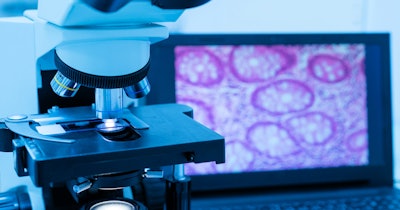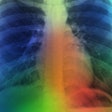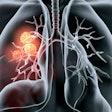
Artificial intelligence (AI) pathology firm PreciseDx said Tuesday it is collaborating with the Laboratory of Pathology at Dordrecht, in the Netherlands, which is responsible for pathology diagnostics at the Albert Schweitzer Hospital in Dordrecht and the Beatrix Hospital in Gorinchem, both also in the Netherlands.
Through a collaboration agreement, the Laboratory of Pathology at Dordrecht will study the performance of PreciseDx's AI-based cancer risk stratification platform and test to confirm its accuracy of staging and role in the decision process.
Designed to augment the work pathologists perform, not replace it, the PreciseDx Breast Test has previously shown a more accurate assessment of prognosis than current clinical features and can address the issue of breast cancer diagnostic misclassification, the developer said.
The PreciseDx Breast Assay has been shown to function as a standalone prognostic assay capable of accurately stratifying early-stage invasive breast cancer into low-risk and high-risk likelihood of recurrence within six years of primary diagnosis. The assay is capable of reclassifying breast cancer histologic grades 2 and 3 into low-risk and high-risk categories.
The new collaboration will integrate PreciseDx's AI-enabled technology into an independent cohort of early-stage breast cancer cases with known six-year clinical outcomes. In an initial rollout, PreciseDx's technology will review and evaluate 300 digitally scanned hematoxylin and eosin (H and E) images from patients in the Laboratory of Pathology at Dordrecht with early-stage invasive ductal and mixed ductal/lobular breast cancer defined by ER(+), PR+/-, HER2(-) status.


















